Results
-
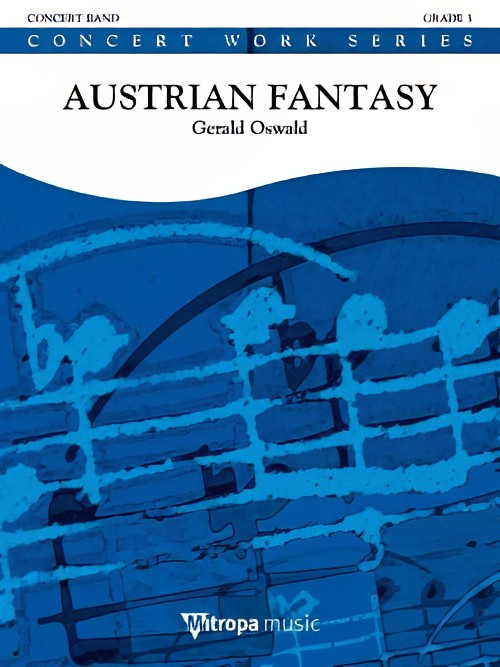 £109.99
£109.99Austrian Fantasy (Concert Band - Score and Parts) - Oswald, Gerald
Modern Austria has been shaped by various historic events over the last 100 years. In his piece Austrian Fantasy, composer Gerald Oswald works various motifs of the three different Austrian national anthems of this period into the music. The anthems serve as a testament to the political culture of Austria, which has left its mark on the nation. A piece of Austrian history is shaped into this work.Duration: 6:00
Estimated dispatch 7-14 working days
-
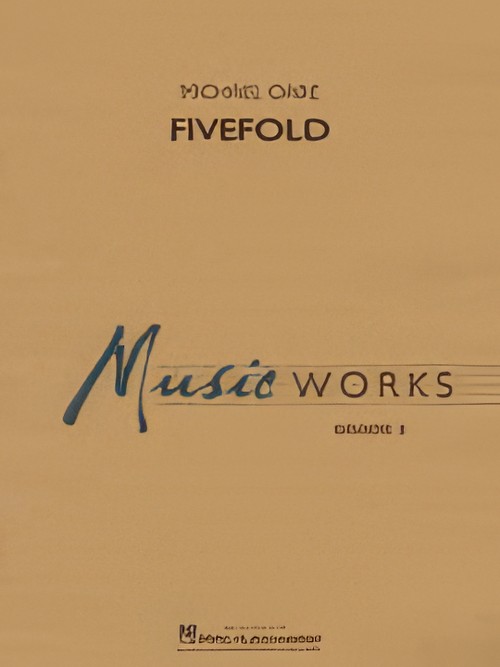 £72.99
£72.99Fivefold (Concert Band - Score and Parts) - Oare, Michael
As the title might imply, this unique composition contains several references to the number 5. For starters, the meter of 5/4 is an obvious connection. More subtle is the prominent use of the interval of a fifth, and also only five different pitches used throughout the entire work excerpt for two measures near the end. Even though Fivefold is composed using single tempo, the variety in textures and moods makes this particularly appealing.Duration: 4:00
Estimated dispatch 7-14 working days
-
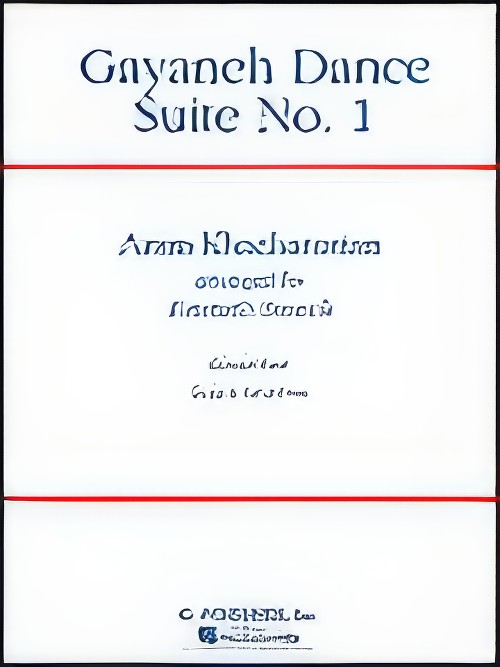 £95.00
£95.00Gayenah Dance Suite No.1 (Concert Band - Score and Parts) - Khachaturian, Aram - Snoeck, Kenneth
Selected from the ballet Gayaneh, these three colorful examples of Aram Khachaturian's writing for ballet are based on rhythms and melodic motives from different ethnic groups, ranging from the very Slavic Ukranian "Gopak" (Hopak) to the Armenian "Dance of the Maidens" and the Kurdish "Mountaineers' Dance." They vary in instrumental color and tension from festive and party-like, through sultry and romantic, to tense and almost angry. These may be performed in any combination - a single stand-alone dance movement, a contrasting pair, or all three in a complete set. A culturally rich and unique experience for players and audience alike. Duration: 7:45
Estimated dispatch 7-14 working days
-
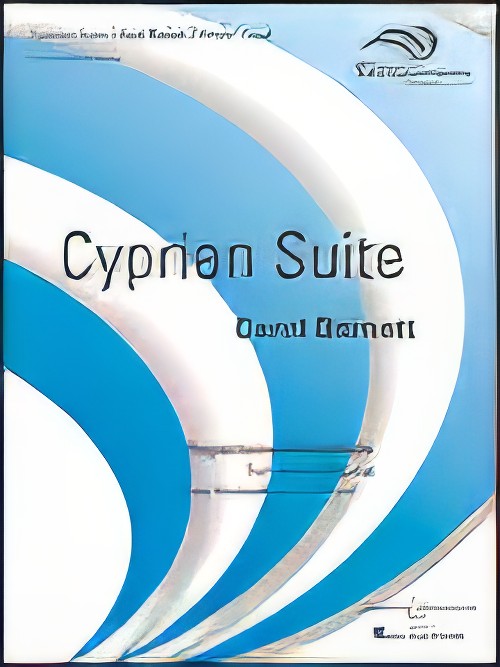 £130.00
£130.00Cyprian Suite (Concert Band - Score and Parts) - Barnett, Carol
Cyprian Suite is a spirited journey through varied musical moods, with each of four movements based on a different Cypriot folk song. The opening Servikosis a playful and rhythmic dance in Serbian style. A tender lullaby, Aya Marina, is followed by the good-natured Exomologhisis, a setting of a humerous song about a confession. The concluding Agapis-Tin, a song of unrequited love, begins pensively and builds to a dramatic conclusion. Duration: 16:00
Estimated dispatch 7-14 working days
-
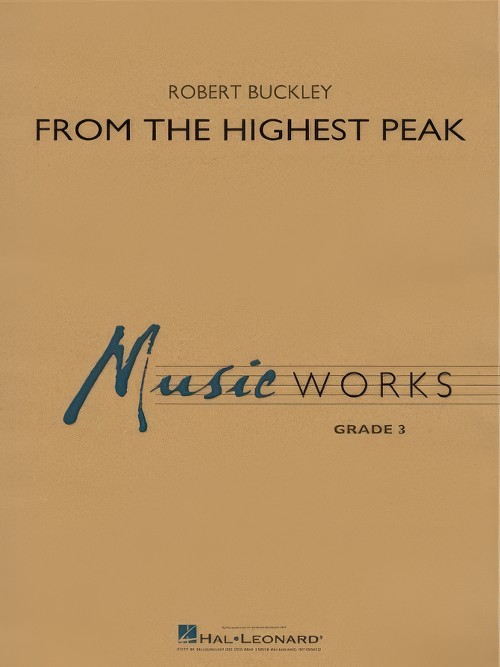 £64.99
£64.99From the Highest Peak (Concert Band - Score and Parts) - Buckley, Robert
Written as a celebratory piece, From The Highest Peak is a rousing overture that explodes with energy and is a tribute to the pursuit of excellence and the triumph of the human spirit. With powerful fanfares, triumphant melodies, driving percussion and dynamic contrasts, this exciting concert opener moves through different musical colours without ever losing its relentless drive.Duration: 3:15
Estimated dispatch 7-14 working days
-
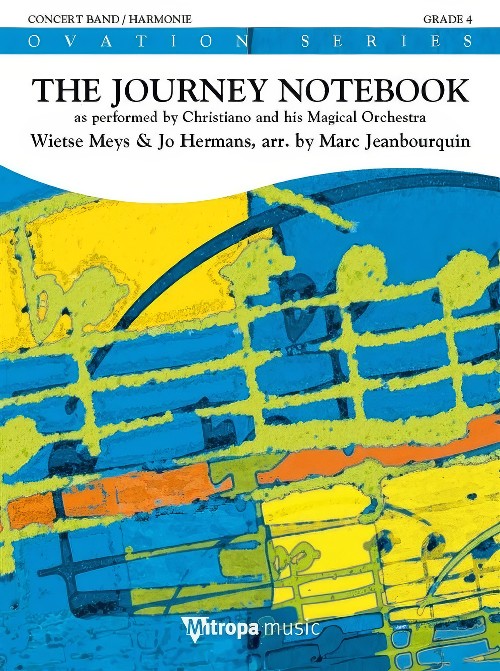 £109.99
£109.99The Journey Notebook (Concert Band - Score and Parts) - Hermans & Meys - Jeanbourquin, Marc
Composer and arranger Marc Jeanbourquin made an arrangement of The Journey Notebook, originally written for orchestra and combo by Jo Hermans and Wietse Meys. This piece consists of different short musical stories, allowing each section to represent itself in its own unique way. Catchy rhythms and melodies make this lovely piece a must play in your concert! Duration: 5.15
Estimated dispatch 7-14 working days
-
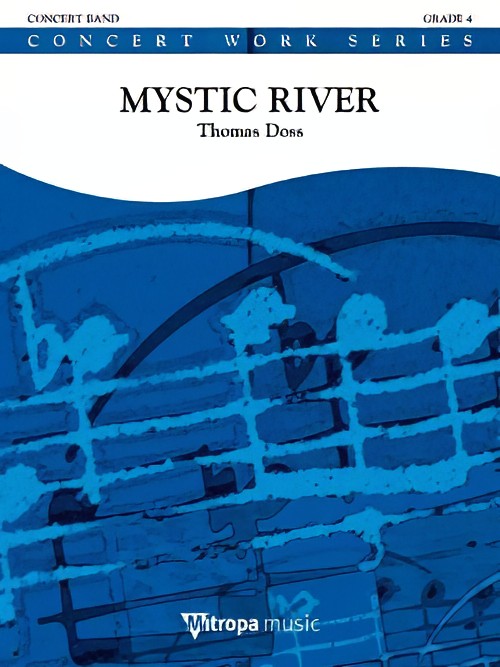 £149.99
£149.99Mystic River (Concert Band - Score and Parts) - Doss, Thomas
The mysterious river Traun, which emerges from several springs in the Totes Gebirge (the so-called 'Dead Mountains') of Styria (Stiermarken-Austria), flows in full splendor and beauty through the loveliest lakes. The Traun meanders through the Salzkammergut like a crystal ribbon along the Ho?llengebirge. This piece is like an exciting musical voyage along the river telling the story of a rich history, from the earliest Celtic settlements to the construction of important power plants. It offers different and versatile passages for all instrument groups, making Mystic River the ideal contest work or the main piece in a challenging concert programme. Duration: 11.30
Estimated dispatch 7-14 working days
-
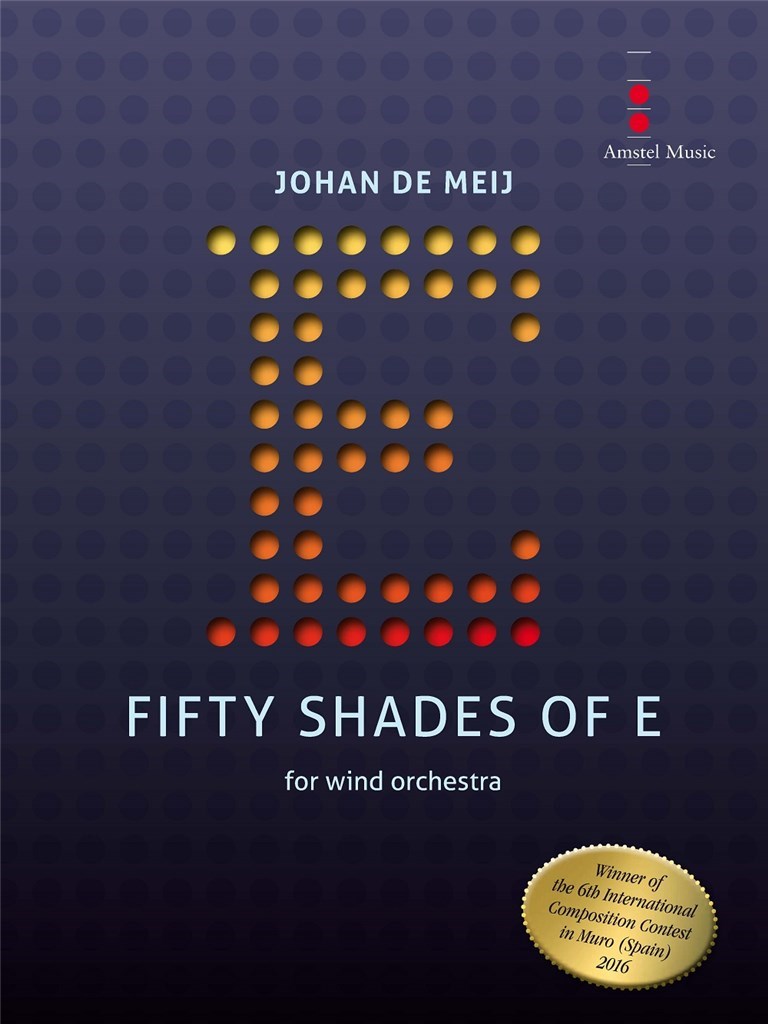 £223.50
£223.50Fifty Shades of E (Concert Band - Score and Parts) - De Meij, Johan
Another award-winning composition by Johan de Meij: a spectacular orchestral adventure, exploring the endless possibilities of the note 'E' in all its different forms and appearances. Duration: 16.00
Estimated dispatch 7-14 working days
-
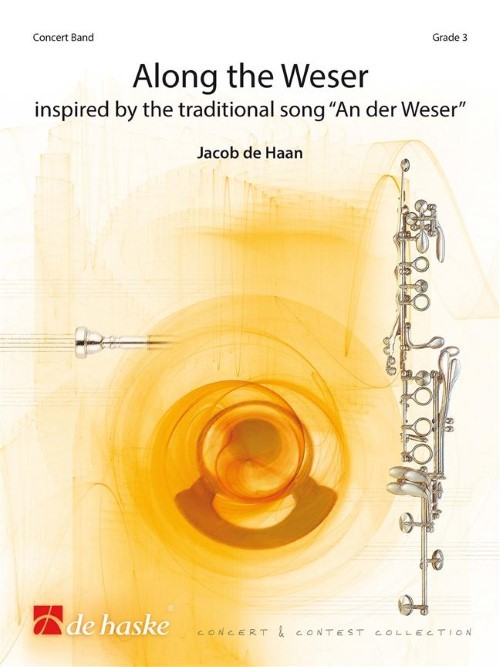 £104.99
£104.99Along the Weser (Concert Band - Score and Parts) - De Haan, Jacob
Along the Weser, as the title suggests, is an homage to the river Weser, the beautiful waterway that meanders through Northern Germany. With its exuberant rhythms and lyrical melodic lines, the work mirrors the strong bond between the inhabitants of the region and the river itself. The connecting thread is the melody of the well-known 'An der Weser', composed by Gustav Pressel to lyrics by Franz von Dingelstedt, which has been incorporated in three different ways. The result is a composition that is sure to be enjoyed by both musicians and audience alike. Duration: 5.30
Estimated dispatch 7-14 working days
-
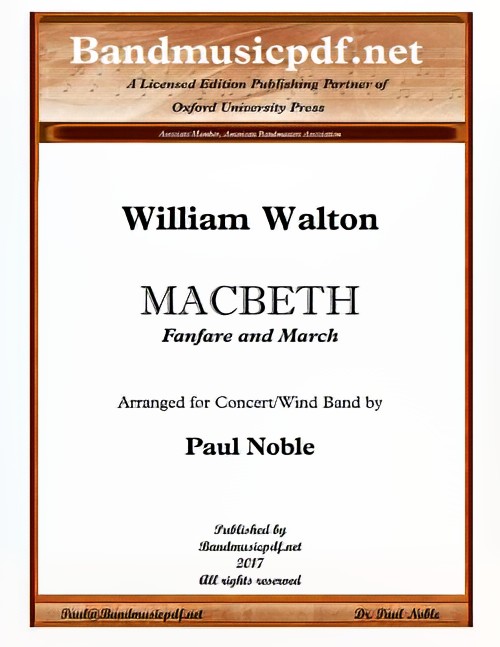 £110.00
£110.00Macbeth (Fanfare and March) (Concert Band - Score and Parts) - Walton, William - Noble, Paul
The following program notes are taken from those by Christopher Palmer, the arranger for orchestra from William Walton's incidental music for John Gielgud's production of Macbeth in 1941-42. The music was recorded and taken on tour with the production. Up to now it has remained in manuscript and unknown. Although this piece is called Fanfare and March, the principal march is in fact the banquet music (with its clever suggestion of bagpipes on the woodwind, hence my ad lib parts for extra flutes and oboes). Walton made several different versions of this for dramatic purposes, and here some of them have been pieced together. The central section of Trio is the March (Show) of the Eight Kings (Act 4, Scene 1) which reveals to Macbeth that Banquo's issue, not his, will rule in Scotland.
Estimated dispatch 7-14 working days
